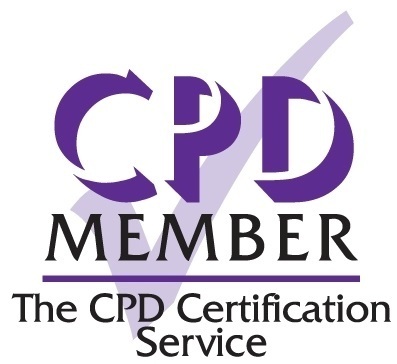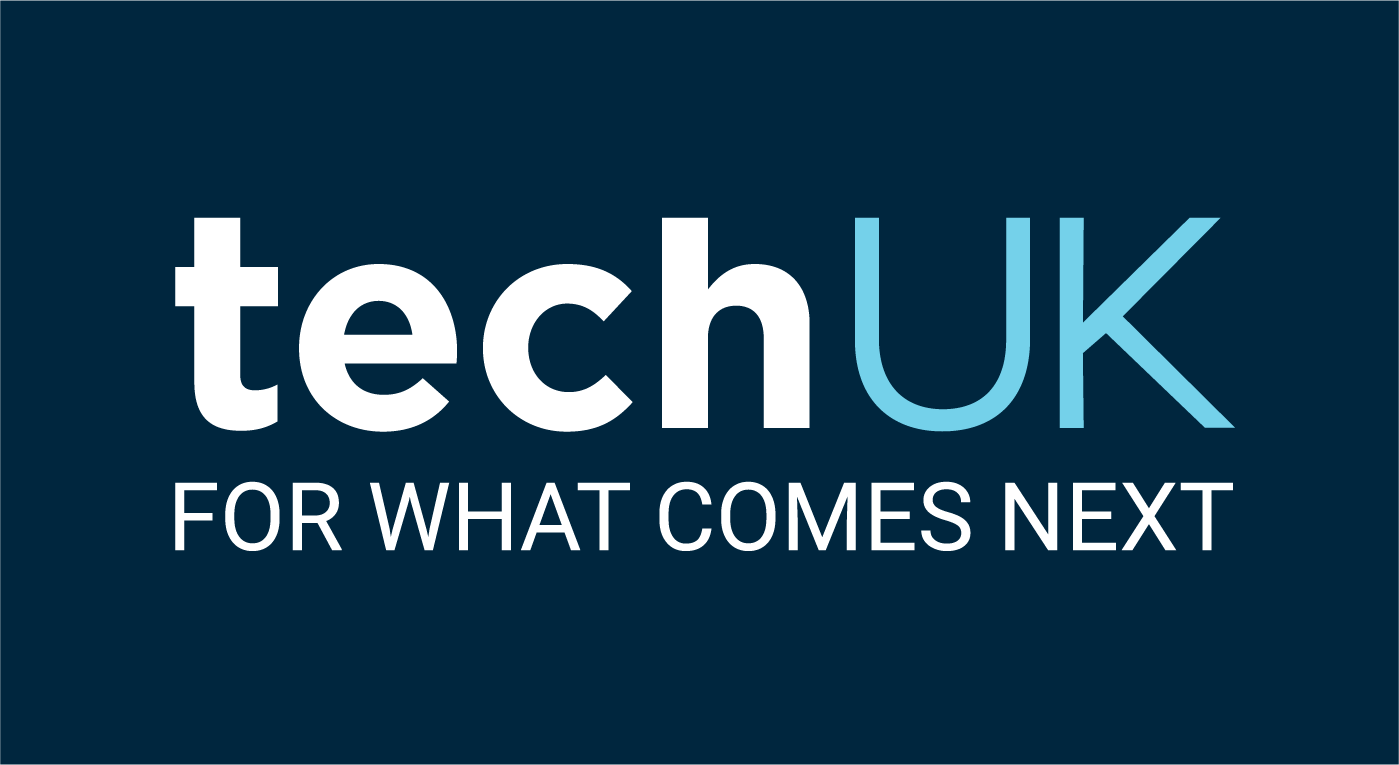
Digital health change & training – the 5 levels of good learning and adoption
These days most digital health programmes, large or small, allow time and resources for training. […]

Training is a critical success factor in the implementation of any complex digital system such as an Electronic Patient Record (EPR). However, delivering training of a new clinical system to thousands of employees within a very short training window (6-8 weeks) is extremely challenging and requires detailed strategic planning and preparation.
The early development of the training strategy is therefore essential for the successful outcome of the health systems training programme.
Here are 5 reasons why:
1. Aligning to your vision
The training strategy should align to the programme strategy which defines the approach for the EPR implementation. It should also align to your organisation’s vision for managing and transforming the way its people work and support the change approach. This will help shape the training strategy to meet aims and objectives and enables decisions to be made that align with the overall vision.
Early development will ensure an end-to-end learning journey is considered for each user, from awareness building at the start all the way to readiness at go-live.
Failure to align with your vision may result in a training approach that does not deliver against the programme strategy or worse, creates a cultural dissonance for the end users leading to poor engagement and adoption.
2. Identifying the correct champions
The training strategy should clarify the key objectives and outcomes expected as well as the choice of delivery approach. Identifying the correct executives, clinical and service leads to agree these and continue to champion them during the lifecycle of the programme is key to success. This is best done as early as possible to secure early sponsorship and is often done alongside the change management workstream as the champions may be responsible for overall people readiness.
Having an executive who engages with and supports the strategy will also give the training team confidence in their plans and the motivation to deliver them. This in turn creates a supportive “team” atmosphere and lays the foundation for effective collaboration between the training team and the client organisation. A lack of early buy in could create delays in agreeing the strategy or worse create issues when difficult decisions need to be made later in the implementation.
3. Making training part of the critical path
It is essential for the training team to consult with all programme workstream leads as well as individual departments within the organisation when designing the strategy. One of the key benefits of early engagement is to ensure that training or people readiness is central to the programme’s strategy and approach and that the programme plan ensures that training is on its critical path.
Achieving this requires collaboration between various workstreams to ensure they understand and support each other’s objectives, that dependencies are clearly identified, roles and responsibilities agreed, and timelines aligned. Effective collaboration will also:
Without alignment between the training and change workstreams, the training team would be unable to analyse the needs of employees effectively which could have a significant impact on the ability to design and deliver a successful training programme.
The training team should also align timelines with the build and testing teams to ensure timely delivery of an effective training environment and ongoing updates – failure to complete this could see end users receive training on an environment that is very different from the production environment.
Finally, there should be alignment with the deployment and transition team to ensure training successfully supports any rehearsals, data migration and cutover preparation activities. This ensures that any end users taking part in these activities are appropriately trained as failure to do so could result in lack of end user confidence in the solution.
4. Creating the foundation for successful engagement
Early buy in creates a strong foundation for ongoing engagement with key stakeholders. Maintaining the engagement will help provide ongoing guidance as well as confidence that the strategy is on track. It also allows for the strategy to be an iterative process making it easier to update or amend accordingly.
Continuous engagement with staff most affected by the impending change is a critical success factor for the programme. The more they are involved with the programme, the more they will understand and accept the reasons for change and the more likely they are to embrace it. Making decisions without consulting those affected has the potential to damage the relationship between leadership and staff as well as leading to poor uptake of new processes and workflow. Engaging early is key to ensuring the right people are involved from the start.
5. Benefits realisation
Developing the training strategy early will lead to a more effective training programme resulting in greater benefits realisation, such as:
i) Increased productivity
Effective role specific training which reflects the new way of working for staff will lead to staff working more efficiently, using less time to enter information into the new system.
ii) Reduced costs
Delivering an effective training programme will ensure a smoother transition to business as usual. Employees that are utilising system functionality correctly are more proficient and effective. This reduces costs in several ways, including less reliance on expensive external resources (floorwalkers, at the elbow support, etc.) as well as allowing for outpatient clinics to return to full capacity, more quickly.
iii) Reduced risk
Reduced patient risk will be evident when staff have been trained effectively on safety features which are inherent in new EPR’s, such as safer prescribing and medicines administration.
Effective training will reduce human error when entering information and will enable timely, accurate data entry which, for example, will enhance bed management practices and provide accurate reporting for the organisation. Delivery of effective training will also reduce risk within outpatient teams through improved scheduling workflow, clinic administration and to inpatient teams by improving waiting list management.
In summary, to achieve the best outcome for NHS organisations in any EPR deployment, it is essential for a robust and effective training strategy to be in place early. This will not only ensure a smooth implementation but will also underpin the success of the new health system going forward, leaving a lasting legacy of support when transitioning to business as usual.

These days most digital health programmes, large or small, allow time and resources for training. […]

There are 5 critical paths required for a successful EPR implementation and many potential blockers […]

There are many challenges in data validation in the mental health space, with the need […]
“Ideal made a big difference. By using Ideal as the foundation of our floorwalking support, and augmenting this with Trust staff, we were able to ensure a constant, capable presence with our end-users 24/7. This would not have been possible without Ideal and reduced the impact on the wider Trust saving us from having to pause additional activity.”
“Ideal's Digital Maturity review has enabled us to refocus our Digital and Data Strategies post-Covid, appreciating which shared and individual activities could support our ambitions for digital healthcare in our area. We are now taking the recommendations forward via a series of workshops across ICS partners to reprioritise and plan our next phase of activities”
“Ideal were a valuable partner as we engaged operational teams to translate our high-level ambitions into a meaningful vision and digital objectives. Their impartiality and customer focus meant they were able to communicate clearly with colleagues, identify common problems, and sensitively move past stress and ‘pet peeves’ to get to the heart of the difficulties our teams were experiencing in accessing the right information day to day”
“The trainers Ideal provided have been brilliant. They not only provided the highest quality training and feedback, but were always prepared to go the extra mile when needed. Thanks for helping develop a relationship that we can rely on and when we’re looking for capacity to roll out the rest of eRecord we’ll be on the phone. Look after the trainers we’ve had – they’re a great bunch”
“For the implementation of our EPR+ programme, the Trust needed a partner who we were confident could help us successfully deliver the system. Ideal demonstrated an approach which married up to our requirements”
“Ideal has an excellent reputation as a top-class training provider working exclusively in the health sector. With their experience and demonstrable track record in delivering IT training solutions to NHS organisations, Ideal was the clear choice for BT and Connecting for Health”
“Perot Systems has worked with Ideal on provision of floor walking services to support large scale Cerner implementations. The success of the implementations and the smooth execution of the go lives have rested significantly on the success of the services that Ideal Training provide. The staff themselves are extremely knowledgeable in both the product and the NHS operations they support with specialist SME’s provided as demanded”.
“The trainers supplied by Ideal did a very thorough job in preparing staff at the Royal Free, including adapting the programme to meet the needs and availability of the consultants. The trainers further enhanced the service by gathering information from the shop floor and feeding back to the training team. We were delighted with the service we received from Ideal”
“We were most impressed with the calibre of floor walking staff supplied by Ideal. They were highly professional in their approach and demonstrated a fully comprehensive understanding of the system”
"A big shout out to the Ideal Health team for being super friendly, flexible, and approachable. The more we work together, the better it gets. Familiar faces become part of the Go-Live team, learning the geography and culture of the organisation. Including the Ideal Health management team behind the scenes, we always feel fully supported with a "can-do" attitude that helps us make improvements every Go-Live. For those returning for the March Go-Lives, I look forward to working with you again!"
“We recognised the enormous impact a good floorwalking team has on the success of project implementation. With Ideal Training’s previous track record and experience in Cerner implementations, we felt confident in the service offered and would certainly consider working with them in the future”
“The E-Learning Development Manager from Ideal worked closely with my Training team to develop e-learning content for Maternity. The modules delivered were concise, thorough, and easy to absorb. The structure was clear, logical and effective, and included elements of interactivity and video. There has been a lot of praise by the SMEs and staff regarding the high quality of the work produced on a very complex specialty. I found working with Ideal to be a very positive experience. I would highly recommend for any related work”
“Ideal demonstrated great agility in supplying experienced support for the Trust’s EPR requirements and mapping exercises. They showed great flexibility in meeting the Trust’s needs, clearly articulating the approach and costs associated. This coupled with advice and experience enabled the ‘As Is’ and ‘To Be’ processes mapping to complete to time and quality”
"Ideal Health contributed towards the success of our Apollo Programme. They provided a team of 100 trainers who collaborated with our programme leaders and trainers to develop training materials aligned to our training strategy. Together, they created 800 engaging e-learning modules and delivered face-to-face training to over 30,000 staff across multiple locations. This comprehensive approach ensured that our workforce was well-prepared for the Epic programme's go live."










